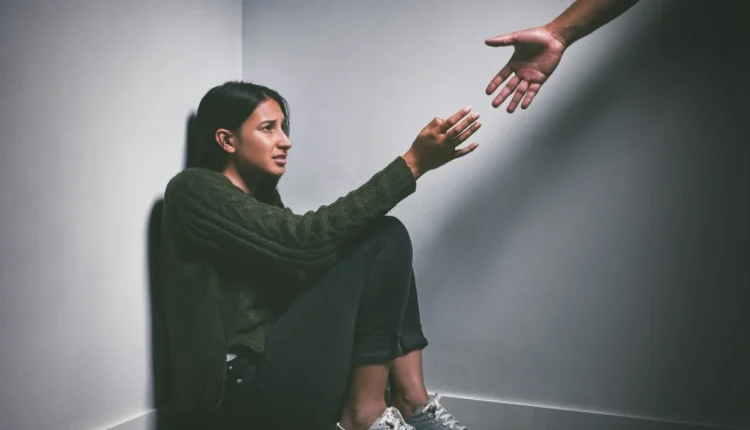Don’t Play The Victim, Learn How To Apologize Instead
We all have moments where we’re not the best version of ourselves. Maybe we come across as angry, sensitive, or petty.
The list goes on. And sometimes, we do pretty stupid things when we’re in the moment. I know I’ve been there and done that, but I know how to apologize when needed.
In fact, it’s something that I’ve done pretty recently.
To make a long story short, I wrote about a situation where I got annoyed with someone over text. I use my writing as a tool to express my feelings, so I expressed the anger I felt.
Well, this person found the writing and called me out on it.
While I understood, I explained how I felt about the situation. For the most part, I was professional in my writing. I didn’t use their name at all and was pretty generic about the situation.
But this person contacted me and got pretty upset. They started talking about the situation from their side of the equation – how what I said was inaccurate and that I was misunderstanding what they said.
They even sent screenshots, dictated how they didn’t use particular punctuation, and insinuated that I was the one in the wrong and that they were the victim in this mess.
The thing is, this person didn’t apologize for what they had done in the first place. It was all about what I did and how I reacted.
It was all about them and their clarification of what happened. But I was made out to be the bad guy.
It was all about what they “didn’t do.” But they didn’t say anything about what they did or draw attention to how they made me feel.
It was all about them and how they were hurt – nothing about my feelings. Should I have written what I wrote? Maybe not. Perhaps I should have written more discreetly with it, but I didn’t. I said how I felt and meant it.
When someone says that you hurt them, you don’t get to make the choice that you didn’t.
You don’t get to act like the situation never happened, and you sure as hell don’t get to act like the victim when you’re the one who started the situation.
I had every right to be annoyed with this person and do what I chose. But in their eyes, it was all about them and how they were the victims.
When someone calls you out or speaks up, listening and acknowledging what they’ve told you is crucial. Understanding both sides of the story can provide a more comprehensive view than just seeing it from your end. And learning how to apologize is incredibly important.


